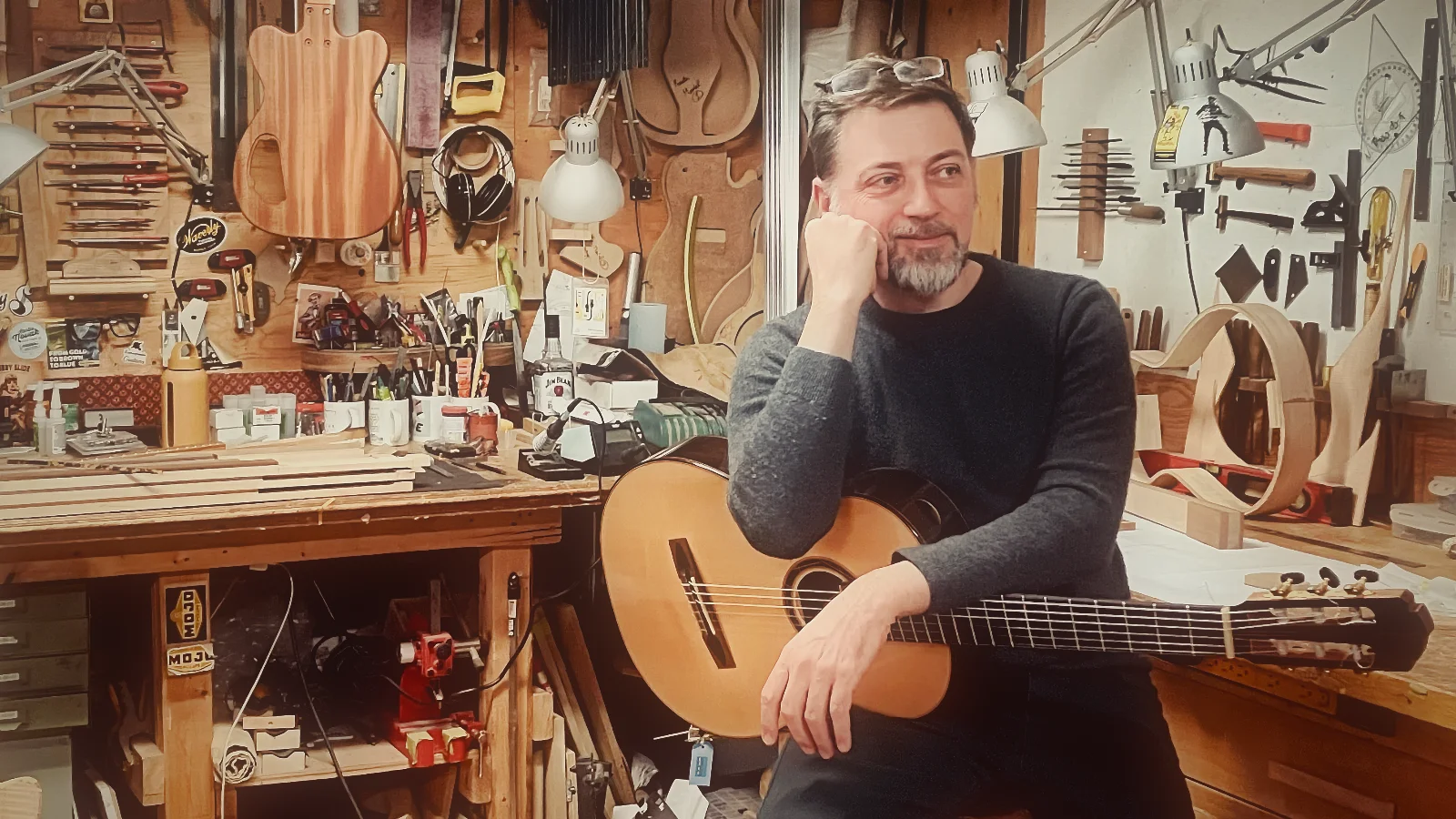
Hi, I’m Michael, thanks for stopping by. I play and compose music, take photos, and occasionally write some thoughts in the journal.
Here's what I'm up to now.

Hi, I’m Michael, thanks for stopping by. I play and compose music, take photos, and occasionally write some thoughts in the journal.
Here's what I'm up to now.